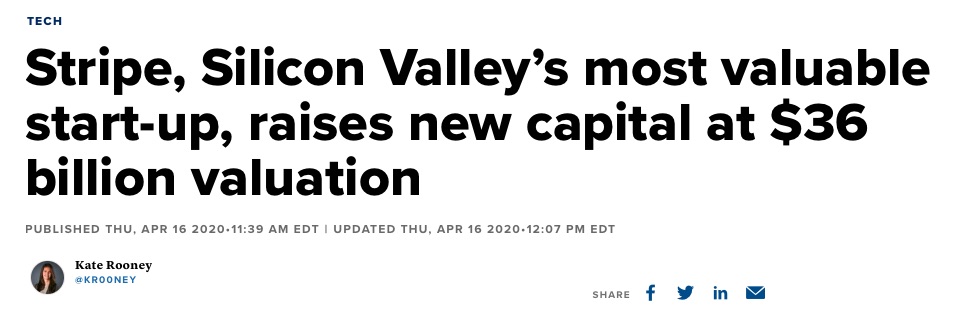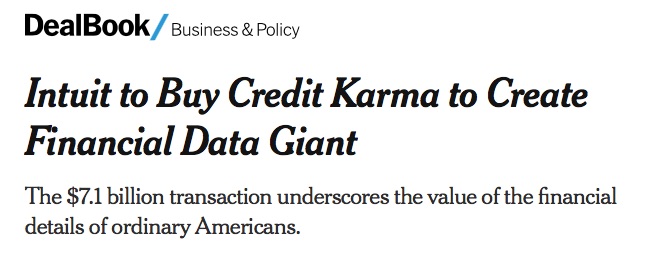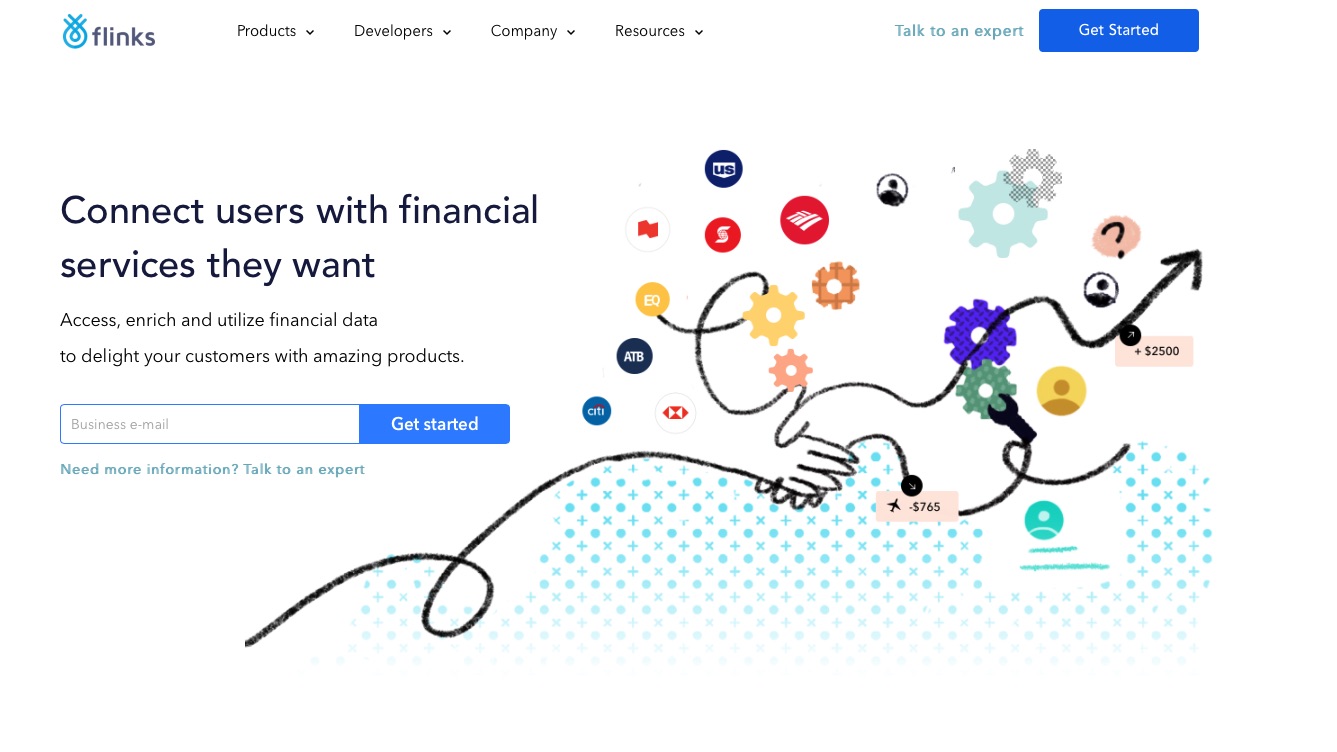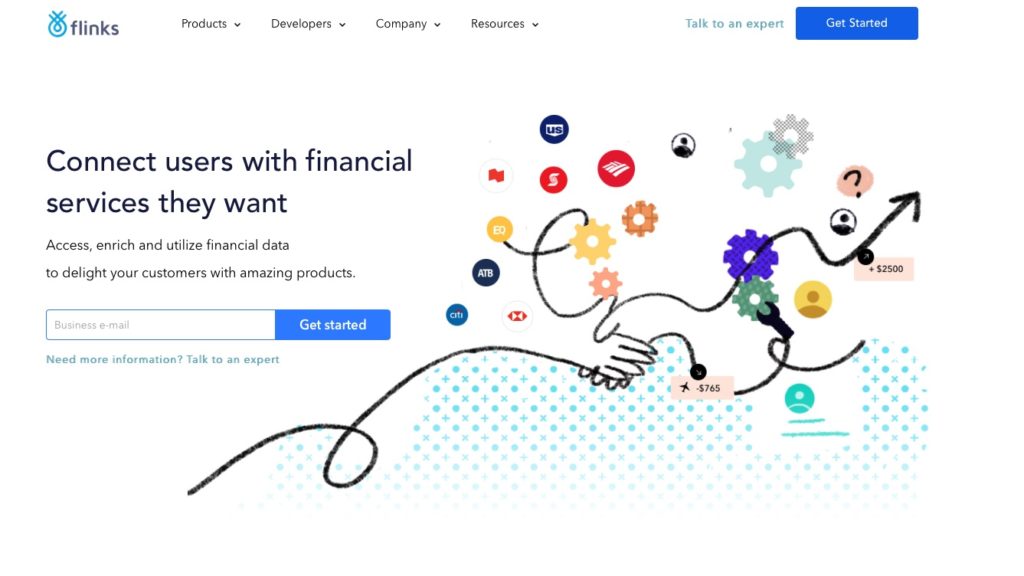
Day Four of FinovateAsia Digital focused on two issues that have only become more pressing in recent months: the role of emerging markets as sources of innovation and new markets in fintech, and the rise of financial inclusion as a moral – as opposed to simply economic – imperative.
For many entrepreneurs, corporate leaders, and consumers the fact that these themes have come to the forefront in 2020 is bittersweet. Global interconnectivity is now challenged by coronavirus-fighting lockdowns and quarantines. Efforts to bring more diverse voices to the fintech industry – and to bring the benefits of financial technology to more people – will put additional pressure on companies and entrepreneurs who are already negotiating technological disruption, increased competition, and economic uncertainty.
Here are some of the highlights from the fourth day of our all-digital conference. Visit our FinovateAsia Digital hub and register today to join us for hours of live and On Demand access to more insightful commentary on the trends shaping fintech innovation in the Asia-Pacific region.
On the importance of technology as a tool in advancing financial inclusion around the world
How can we use technology to include more people in the formal financial system? How can we reduce (the number of) unbanked and underbanked? Perhaps by 50% or more by 2022?

Half of the world’s unbanked adults reside in Asia. And there are more women than men who are unbanked. We can use technology to change that. Some of the top reasons for not having an account in a financial institution include: not having enough money, it costs too much to open an account; it’s too far to get to a branch; there’s not enough or insufficient documentation to prove you are who you say you are; or a lack of trust. A lot of these can be resolved with the proper business models, value proposition, and technology.
–Theodora Lau, Founder, Unconventional Ventures
On the biggest challenge Singapore faces in maximizing its opportunity as an international fintech hub
For us, for Singapore in particular, I think the ability for the cross-border business activity to start to pick up again (is key). Clearly during COVID-19 elements of that would have slowed down. So at the moment most countries are thinking about how do we get our domestic market back in shape again.

And the way that Singapore (sees it) – and I think this is a view from quite a few countries, not just around the region, but around the world – is if we start to think just domestically, then we miss a big trick here in terms of real growth and that will materially impact GDP. And so you have to start thinking about things as collections of countries, as regions, as a world. Because that way, if we all kind of plug together, we can stand up together rather than the opposite of that where everyone becomes a bit more nationalistic, the barriers come up, and we all end up a little bit worse off in terms of business activity.
–Pat Patel, Principal Executive Officer, Monetary Authority of Singapore
On the role of readiness and the public sector in helping the fintech industry survive COVID-19
It’s a difficult time to be a fintech, but when you look at the various different aspects that make this challenging, with collaboration, sales, these are things that many successful fintechs have had in place in southeast Asia for many years – and indeed globally.

We’ve been talking to a number of B2B fintech companies that are doing very well in the roboadvisor space, in the payments space. It’s one of those areas that, before COVID-19 started, you really needed to be ready for it. And after COVID-19, it’s even more important to have those collaboration tools and remote sales tools in place.
–Zennon Kapron, Founder & Director, Kapronasia
Available both live (Singapore time) and On Demand during the conference week, FinovateAsia Digital is a unique opportunity for those interested in learning more about fintech in the Asia-Pacific region. Browse our all-digital presentations, interviews, and discussions; network with fellow attendees; and gain key insights into the trends driving fintech innovation in critical, emerging markets. Visit our FinovateAsia Digital Hub and register today.
Photo by Soulful Pizza from Pexels




































